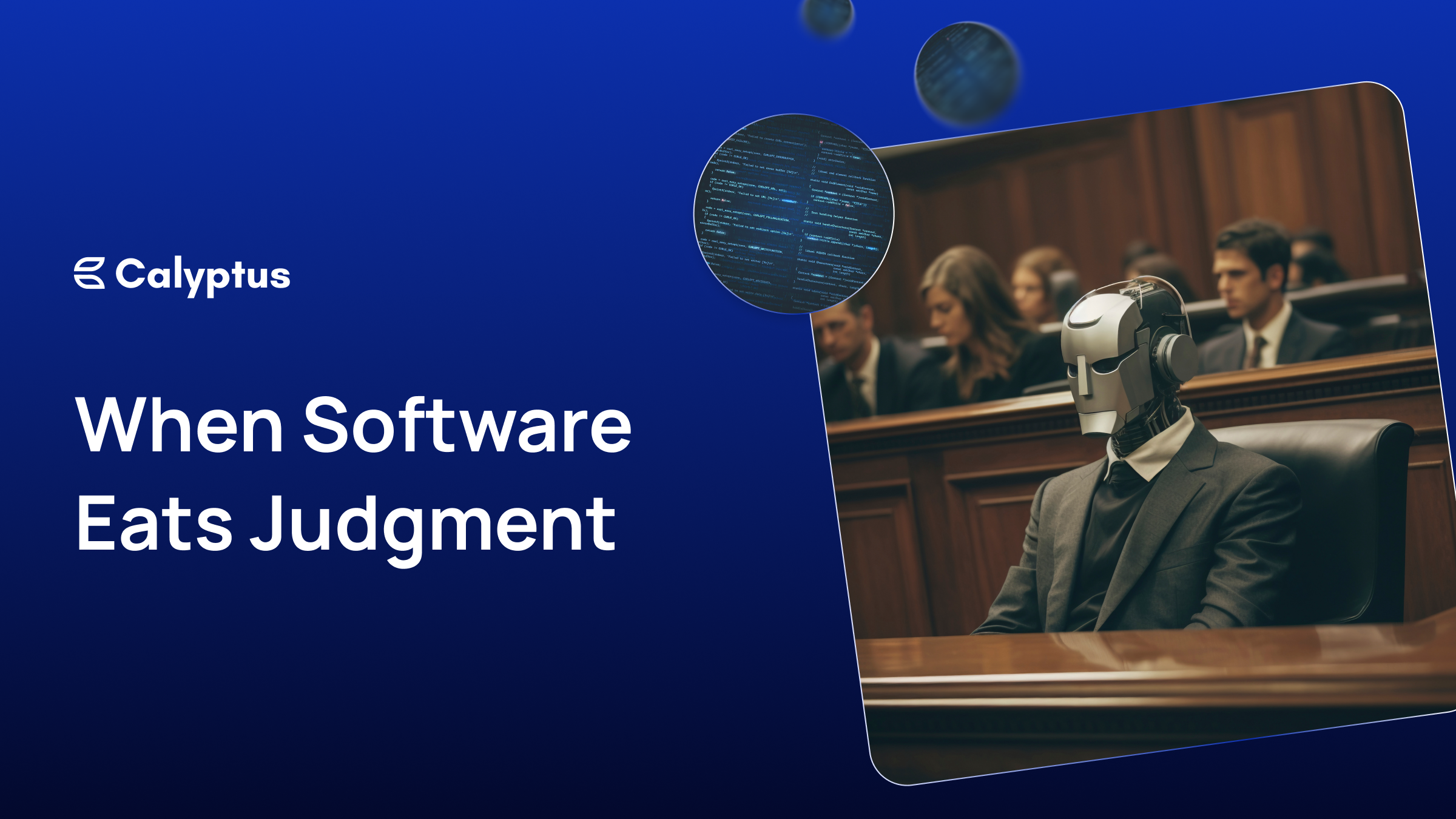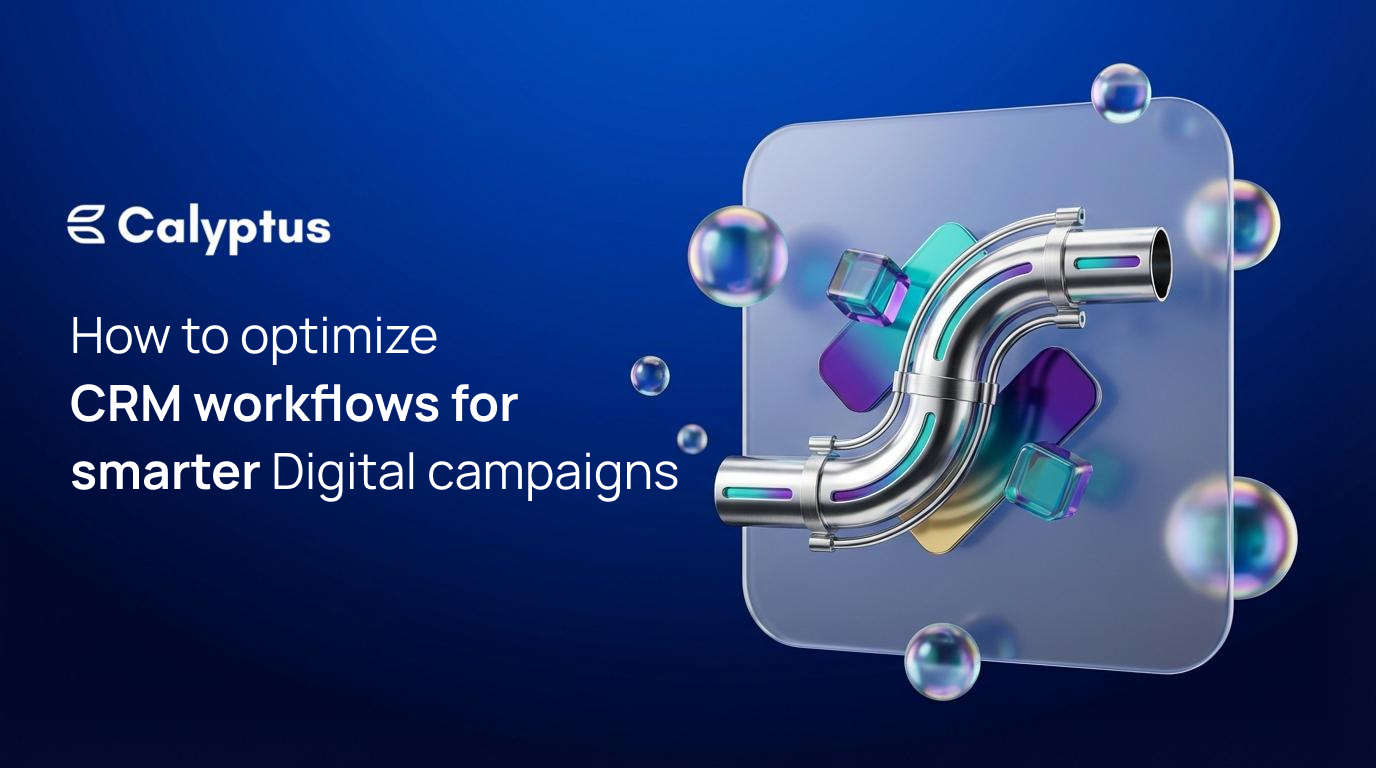For years, hiring was guided by instinct. Recruiters leaned on gut feel, first impressions, and “culture fit.” Now, AI-powered hiring platforms are stepping in. From pre-screening résumés to running first-round interviews, software is reshaping recruitment. In some companies, human judgment barely enters until the very end.
But is this progress, or a hollowing out of the very thing that makes good hiring possible?
Where AI genuinely adds value
AI recruitment software shines when it tackles problems humans never enjoyed: high-volume screening, repetitive scheduling, and technical skills testing. Companies like Unilever have famously shortened their hiring cycles, from four months to four weeks, using AI-powered recruitment tools, saving thousands of recruiter hours.
Modern AI recruitment platforms also help level the playing field. By focusing on proof of execution rather than connections, they create opportunities for skilled talent that might otherwise be overlooked. This matters whether you’re trying to hire AI engineers, fill critical roles in Web3 recruitment, or source niche crypto talent.
Where automation goes wrong
But not all AI is built equal. Some systems apply crude keyword filters that reward “baseball” over “softball” on resumes baking bias into the algorithm itself. Others score candidates highly even when the input text is nonsensical.
Candidates feel this too. Automated video interviews and faceless assessments create a sense of alienation. A Washington Post survey found widespread skepticism among applicants about whether anyone human was truly paying attention .
This is the dark side of software eating judgment: when tools designed for efficiency strip away context, empathy, and accountability.
The line that shouldn’t be crossed
Human judgment still matters. Not because intuition is flawless, it’s often biased, but because judgment brings:
- Context. A career gap might signal resilience, not risk.
- Bias correction. Humans must audit AI, not defer blindly.
- Trust. Candidates deserve to know when they’re dealing with people versus machines.
- Ethics. Only humans can hold the moral line in decisions about fairness, dignity, and culture.
Josh Bersin puts it bluntly: AI may process more data, but it can’t replicate the “Type 1 thinking” humans use to read emotion and nuance .
Building a better AI recruitment process
The goal isn’t to eliminate judgment but to redirect it. Let AI handle scale problems, while humans handle meaning. This balanced approach is critical whether you’re:
- Using AI productivity tools to streamline recruitment workflows
- Looking for crypto job opportunities or tech roles in emerging industries
- Trying to understand trends like the average IT tech salary to stay competitive
When AI is used thoughtfully, it doesn’t replace human instinct, it gives hiring teams better data to make fair, confident decisions.
References
- Unilever AI hiring case: Medium – The AI-Intuition Dilemma
- Josh Bersin on AI vs human intuition: Josh Bersin – Can AI Beat Human Intuition for Decision-Making? Nope




